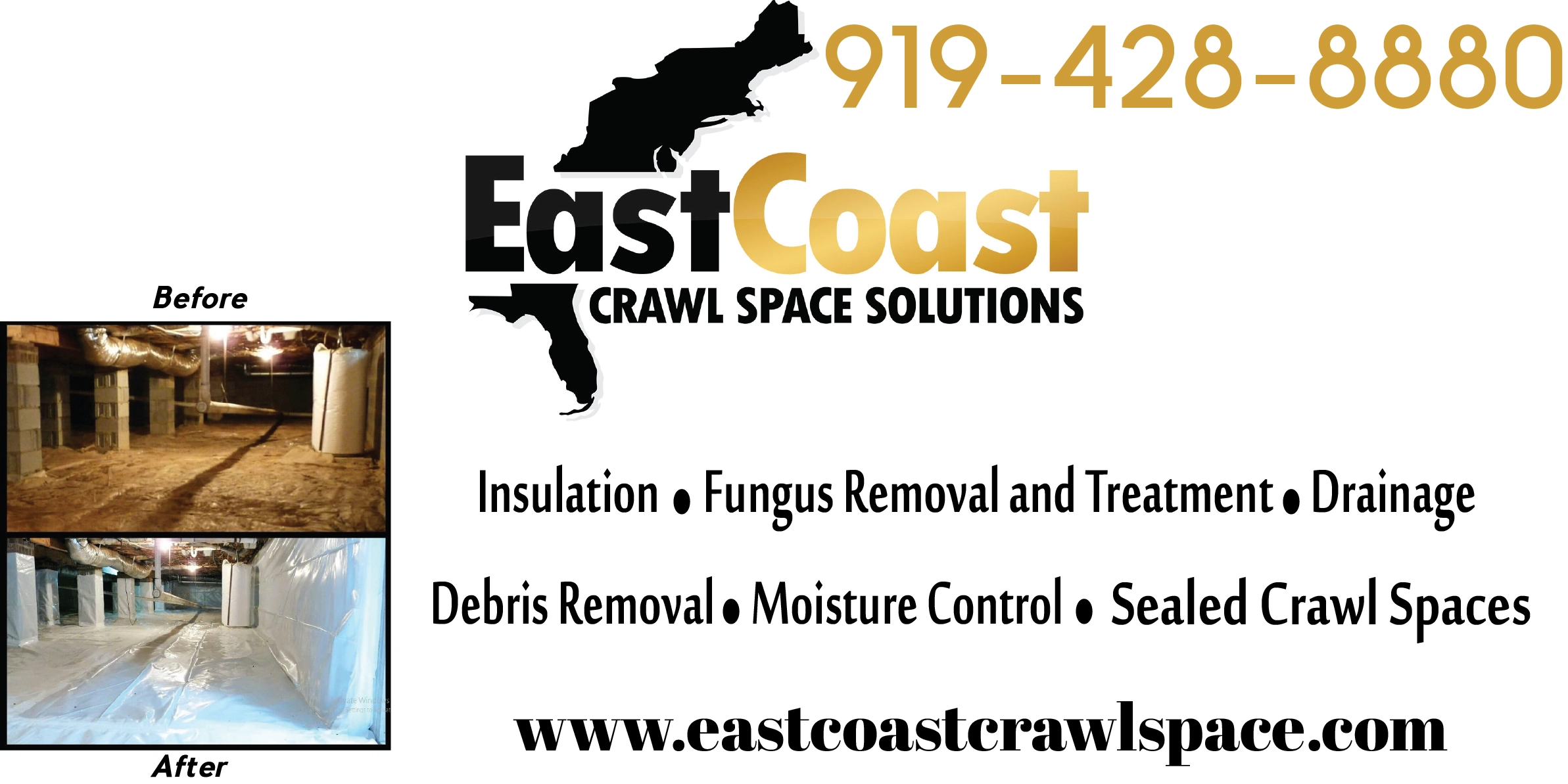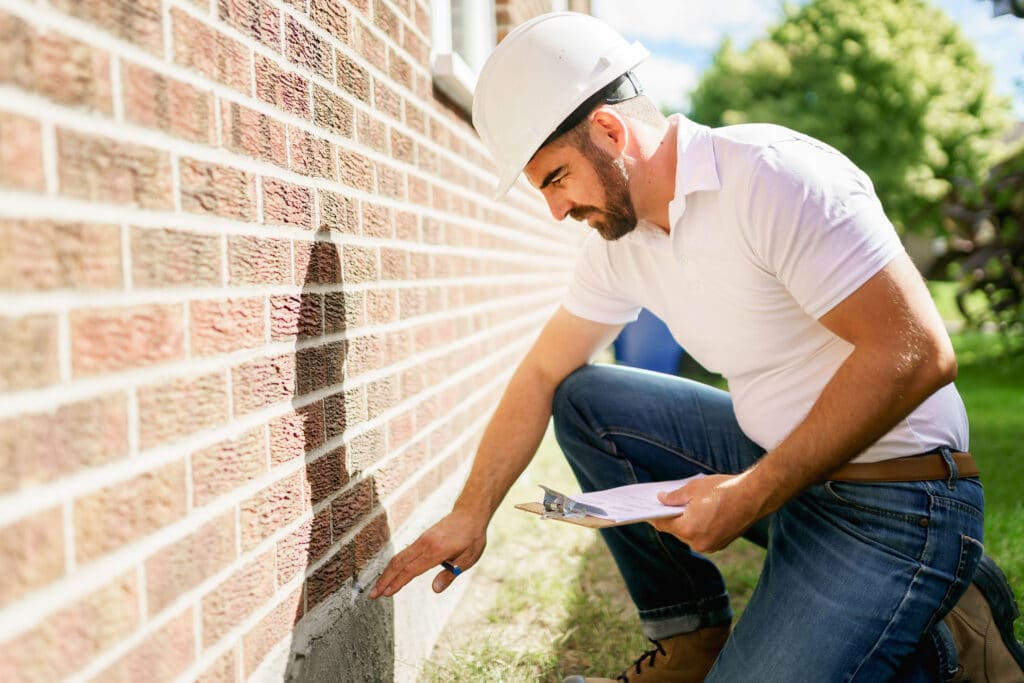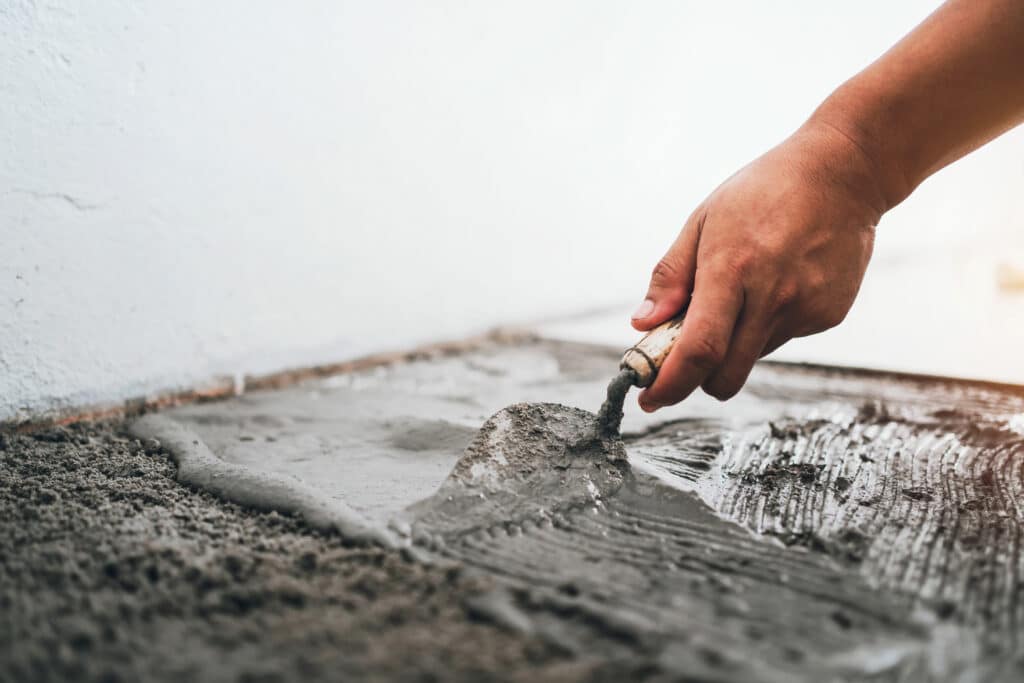Common Causes of Foundation Problems in Chapel Hill
Foundation issues have some possible causes. Here are the most frequent ones for Chapel Hill residents:
- Aging plumbing: While many Chapel Hill homes are fairly new, some still use cast-iron plumbing. When the pipes start to erode, leaking water could reach your foundation and even pool beneath it.
- Soil composition: Soil with large clay or sand concentrations is highly expansive. In the heavy rainfall Chapel Hill gets, the soil soaks up moisture like a sponge, then releases it in dry seasons. The constant expansion and contraction stresses nearby foundations, even if the foundations stay dry.
- Improper modifications: Roofing or landscaping work that wasn't done to standard could lead to your foundation settling.
- Standing water: Pooling water around your home can harm your foundation, especially when it gathers in areas your gutters don't cover.
How to Choose the Best Foundation Repair Company
Your home's foundation is crucial to its structural integrity, so it's important to work with a quality foundation repair company. Evaluate each company using the following factors:
Licensing and Experience
According to the North Carolina Licensing Board for General Contractors, foundation repair and concrete companies in the state must have either a Building Contractor license, a Residential Contractor license, or both. You can also get a sense of a company's experience through the details its representatives share. Inquire about its inspection processes, local codes, permit-pulling procedures, and fees.
One of the simplest ways to assess a company's reputation is to go to its website. Look for the company's years in business and the accreditations its team holds. Many well-known companies publish educational content for prospective customers.
Customer Reviews
When you're researching a company's reputation, check out its Better Business Bureau (BBB) profile. There, you can find its "letter grade" rating and a list of customer reviews, both complaints and positive experiences. Remember that complaints don't necessarily mean a contractor is unqualified. BBB comments also show how companies handle complaints. A proactive team that strives for excellent outcomes is a good one. Steer clear of a company if you don't see good communication about problems.
Foundation Repair Cost in Chapel Hill
The cost of foundation repair can range quite widely based on the degree of the problems and what must be done to fix them. For minor foundation fracturing and settling problems, you may pay as little as $1,800. However, if there is considerable deterioration, the average cost will be around $2,700. More intricate jobs involving digging, helical piers, or extensive concrete leveling could run you $6,800. See below the average foundation repair costs for common issues.
| Common Foundation Repair Services | Average Cost |
|---|---|
| Crack Repair | $326 |
| Leak Repair | $2,578 |
| Stabilization | $4,437 |
| Underpinning | $1,250 |
| Waterproofing | $2,844 |
Ready to Get a Quote on Your Foundation Repair Project?
Please enter a valid 5-digit zip code!
Frequently Asked Questions About Foundation Repair in Chapel Hill
What will I pay to repair my foundation in Chapel Hill?
When do I need to waterproof my foundation?
- Plumbing leaks
- Hairline cracks
- Flooding
- Discoloration or odors
- Uneven floors
- Mold and mildew
What preventive measures can I take to avoid foundation issues?
- Make sure your home's gutters and downspouts are in good condition and direct water away from your foundation to prevent water accumulation.
- Irrigate the soil around your foundation evenly, especially during dry spells, to prevent shrinking and expansion.
- If possible, grade the soil around your home to slope away from your foundation, promoting water drainage and minimizing the risk of foundation issues.
- Check your foundation for signs of damage, and fix any issues promptly.
Do I need to leave my home for foundation repair work?
That said, foundation repair crews operate industrial machinery, and you'll occasionally experience loud noises or tremors. If either of these will disturb you, you might prefer to leave and return when the crew is finished.
To share feedback or ask a question about this article, send a note to our Reviews Team at reviewsteam@thisoldhousereviews.com.
More Foundation Resources
National Foundation Repair Ranking Methodology
Sources
U.S. Census Bureau (American Communities Survey)
















